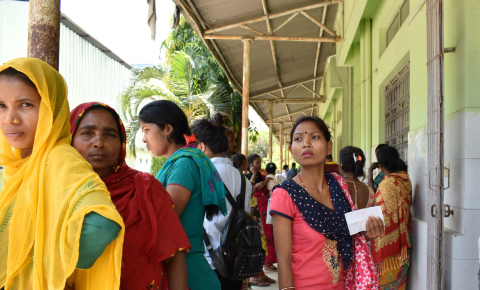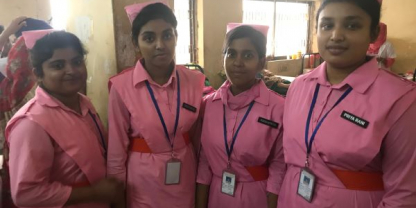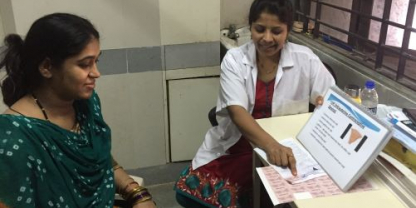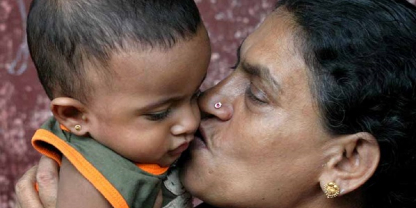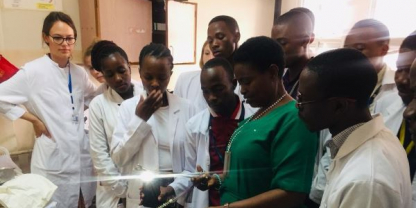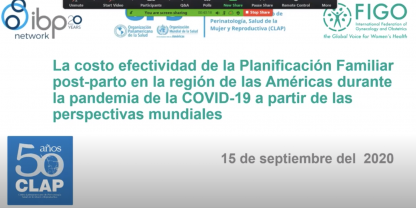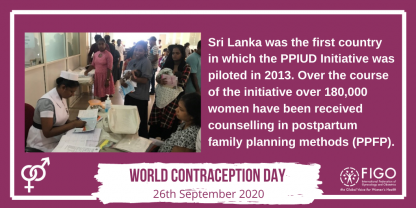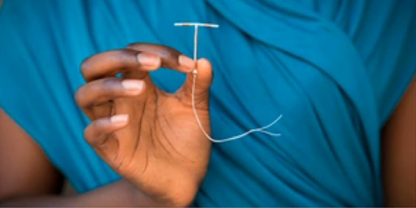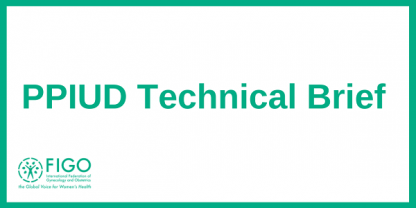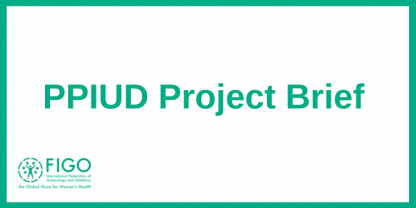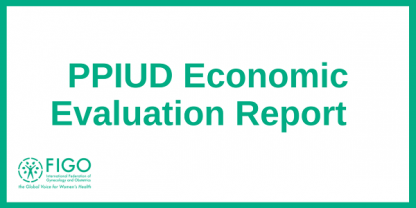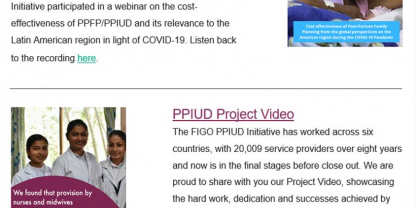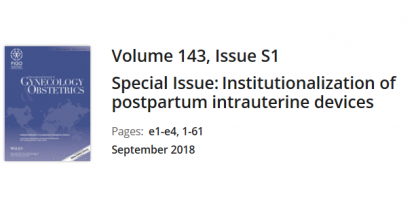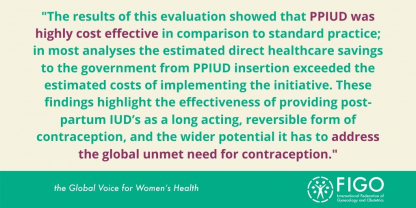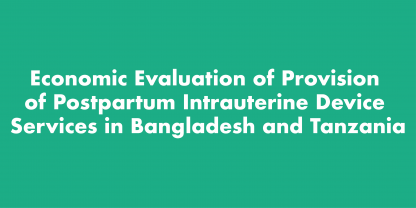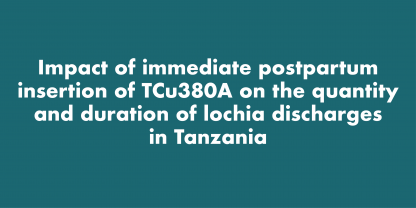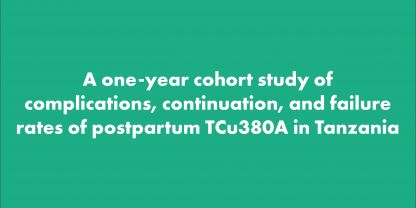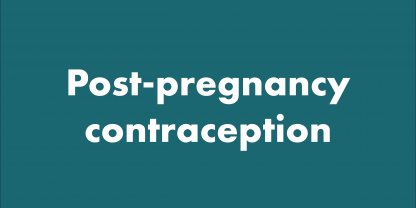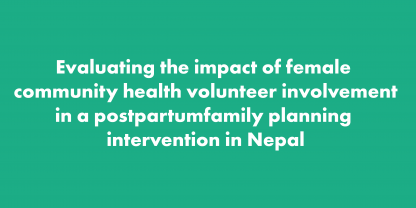PPIUD Project
PPIUD Project
From 2013-2020, FIGO worked through its national societies in six countries to institutionalise the provision of postpartum IUD (PPIUD) services into routine maternity care. Countries were chosen based on a range of factors including high fertility rates, unmet need for contraception and maternal mortality ratios.
What we did
The project ended in India and Sri Lanka in December 2018, Nepal in June 2019, Kenya in September 2019, Tanzania in March 2020 and in Bangladesh in October 2020.
Across 48 Referral Hospitals, the project has trained community midwives, health care workers, doctors and delivery unit staff in an effort to institutionalise the practice of balanced counselling on post partum family planning preferably in the antenatal period, followed by training in insertion of PPIUD.
The technique
PPIUD can be inserted immediately postpartum, after either vaginal or caesarean delivery.
Insertion after vaginal delivery can be post placental (within 10 mins of delivery of the placenta) or within 48 hours. Our insertions are carried out using the 33cm long curved Kelly’s forceps for a high fundal placement to ensure a low chance of expulsion.
Intra caesarean insertion is done by hand and under direct vision. We recommend straightening the strings so they lie towards the cervical os, as this minimises the chances of difficulty visualising the threads at the 6 week follow up. We do not recommend trimming the threads.
We do not recommend insertion of PPIUD between 48 hours and 4 weeks postpartum.
What we have achieved so far
Across six project countries, 9,368 providers have been trained, enabling 701,715 women to receive balanced postpartum family planning (PPFP) counselling. Of these women 74,417 have opted for and successfully received a PPIUD as their chosen method. Please click on the project countries below to find out more.
- The Kenyan team have trained government community health volunteers on postpartum family planning. They also successfully advocated for the inclusion of PPIUD in the Kenyan Nursing Scope of Practice.
- In Sri Lanka PPIUD has been formally adopted into government policy, with the government pledging to provide post-partum contraception across all hospitals in the country.
- In India task sharing between doctors and nurses saw PPIUD insertion rates soar in hospitals.
- The team in Bangladesh has worked with the government, UNFPA and midwifery association to train the newly created cadre of midwives in PPIUD counselling and insertion. They successfully pioneered the engagement of ley family planning counsellors to aid clinicians in providing quality counselling in busy antenatal clinics.
- In Tanzania, through project advocacy, PPIUD is now included in pre-service training for all relevant healthcare providers ensuring sustainability.
- The team in Nepal has developed and implemented two new training modalities – ‘on the job training (OJT)’ and ‘mentoring through facility twinning', ensuring high quality training for providers without the need for them to leave their workplace.
Training materials and resources
The PPIUD initiative has created a comprehensive training video on post-partum family planning counselling and the insertion of PPIUD which is available freely for use. This resource is available with both French and Spanish subtitles. It is our hope that with this training video and our Technical Brief Document this model can be taken forward by other societies and providers to adapt and replicate this model of PPIUD-inclusive PPFP services to their regions.
Publications
Throughout the initiative we have partnered with our country teams on a number of action research projects to both inform our continued implementation and to generate new evidence of important topics such as PPIUD impact on post-natal haemoglobin recovery. A full list of published work related to the initiative is available here.
